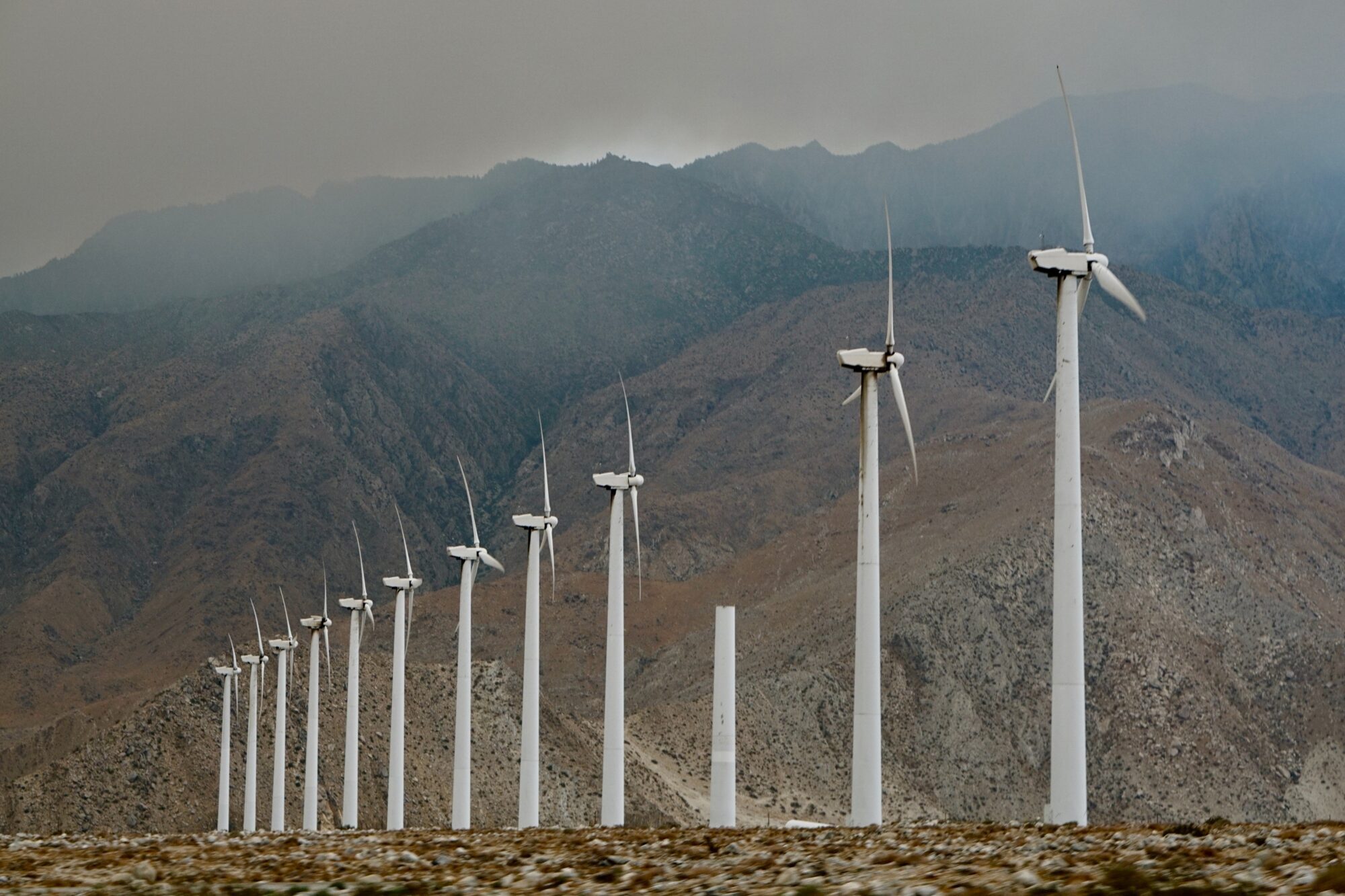
Where were you when we needed you?
This is the question a collective of small, local organizations in Spain is asking the G5, the five largest international environmentalist organizations: Green Peace, World Wildlife Federation, SEO Birdlife, Friends of the Earth, and Ecologists in Action.
“With the exception of some of your delegations or territorial associations that have not stopped supporting us, you have remained on the sidelines of the unequal struggle that we are maintaining from small associations and platforms linked to the land, little Davids against the Goliaths, colossi of the energy industry, supported by the main political formations of all stripes,” an open letter to the G5 posted on the website stopmacrorenovables.webador.es reads.
One hundred and seventeen grassroots associations throughout Spain, many of them as associations as small as the villages they represent, signed onto the letter.
“Please, explain to us why you have left us alone,” it goes on. “It is evident that you are very aware of the unprecedented danger that the massive deployment of wind and photovoltaic industrial estates, projected without criteria or control, in mountains and rural areas poses for biodiversity.”
The letter points out that Spain contains the greatest amount of land dedicated to the EU’s Natura 2000 conservation network, a witness to the important biodiversity the country contains. The letter asserts that the organisations must be well aware of the scientific literature exposing the harmful secondary effects these large installations pose to plant, animal, and human life, as well as soil, air, and water.
It acknowledges that the organizations came out collectively against recent Spanish legislation intended to reduce opportunities for public input and opposition to solar and wind parks, but also alleges that even when asked directly to attest to this information, they have remained aloof.
“When in this debate have we ever heard your voice? Why in many cases, have you not even answered the requests for consultation that have been sent to you in the administrative approval process for these macroprojects?” it reads.
“The ecologist world is ruined,” Antonio Goméz Liébana said. “Because the big ecology organizations live off government grants.”
Liébana is a member of ARBA, the association for the recovery of the native forest, and one of the signers of the letter. He refuses to participate in any ecology organization that receives government money.
A 2018 report by the European Foundation Center, a group that tracks philanthropical activity, found that civil society organizations focusing on environmental issues received 12.4% of their funding from government grants and 5.8% from EU grants.
Rural Spain has been inundated with a flood of massive wind and solar parks and now has some of the largest solar parks in Europe with more in the planning process. As of last year, the proposed projects that already have permits to access the electricity grid would occupy an area of between 8,200 and 17,045 square kilometers: between 1.6% and 3.3% of Spain’s land, according to government calculations. Despite the size of the project, there is no coherent strategy to implant wind and solar energy. In Aragon, a region in northeastern Spain targeted for wind parks and where one project, for example, includes an evacuation line spanning 184 km, parks working through administrative approval often overlap geographically.
The website includes an area where the ecology groups can respond. It is empty.
“When all this is over,” the letter concludes. “When we have been able to save some of our heritage and lost most of it when the loss of habitat and biodiversity is evident, there will be no turning back. We will be able to say that we have done everything in our power.”
“And you?” it ends.
